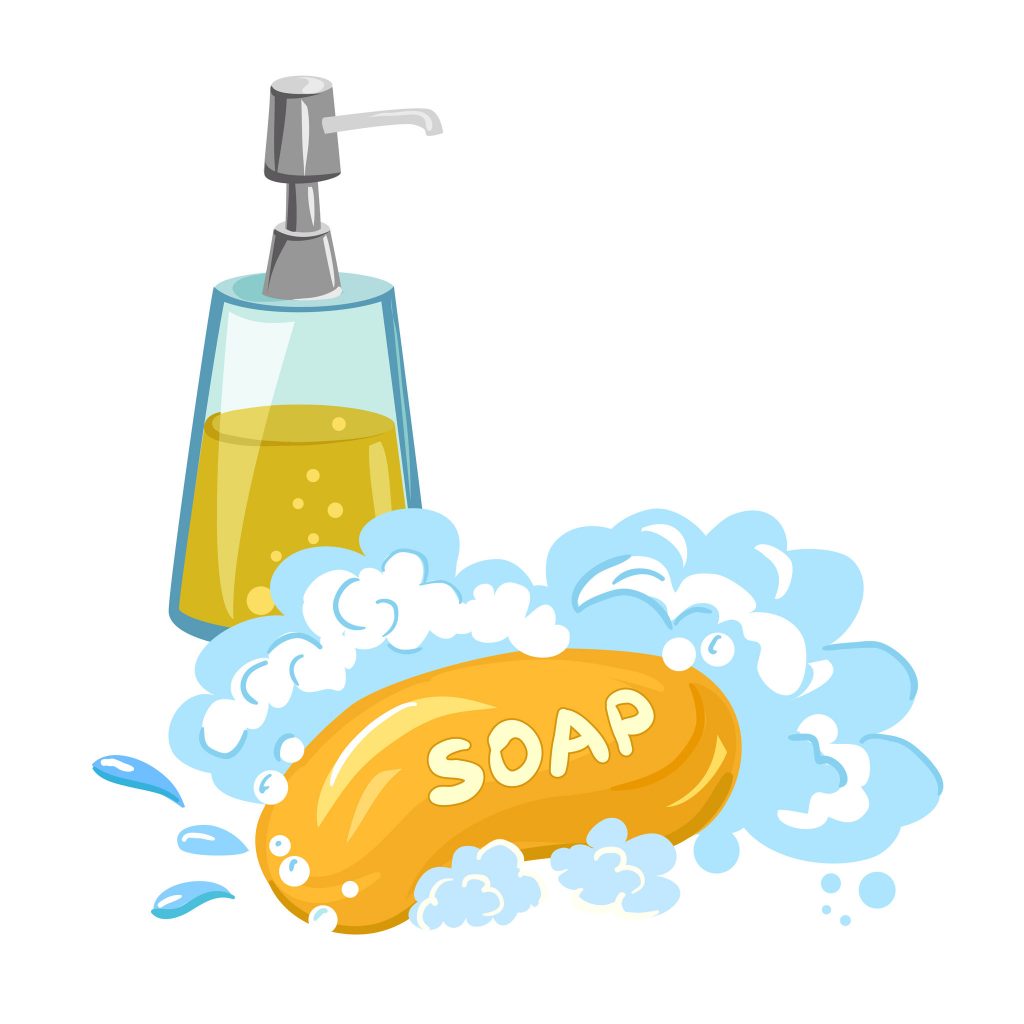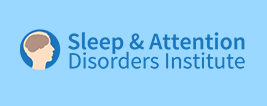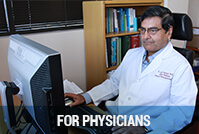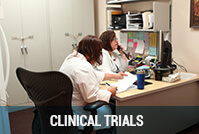Does SoClean really clean CPAP?

Does SoClean really clean CPAP? Not really. Nor does Lumin. They are not cleaners. They are sanitizers. Perhaps SoClean should be renamed SoSanitize!
What is cleaning? Cleaning removes dirt and other particles. The best cleaning method is soap and water. Sanitizing reduces the number of bacteria, viruses, and fungi. It does not work very well unless you clean first. Even if you clean first, it still leaves a lot of bacteria, viruses and fungi. Disinfecting kills most bacteria, viruses and fungi (depending on the level of disinfection). Disinfection can be low level, intermediate level or high level. High level disinfections kills almost all organisms (including TB bacteria and HIV viruses).
CPAP manufacturers such as Resmed and Philips Respironics recommend that you, the user, clean your CPAP machine and supplies. If you are the only user, cleaning is enough. They recommend cleaning your mask every day with soap and water. You should clean the tubing once a week with soap and water. They advise that you clean the humidifier daily with soap and water. What if more than one user is sharing the CPAP or supplies? This happens in sleep labs, hospitals, and other such places. Even some patients sometimes share CPAP or supplies. In that case, the manufacturers recommend high level disinfection. This requires the first step of cleaning with special soap and water. The second step is the use of chemicals such as ortho-phthalaldehyde or near boiling water at temperatures of 90⁰C for one minute.
Remember, if you do not clean, sanitizing or disinfection will not work very well. Cleaning with soap and water is the first step in sanitizing or disinfection. SoClean uses ozone to sanitize. Lumin uses ultraviolet light to sanitize. But you still have to clean! And if you do clean, and you are the only user, you do not have to sanitize. If you are sharing your CPAP or supplies with others, sanitizing is not enough, you have to high level disinfect!
So, should you spend money on CPAP sanitizing devices? Even though their advertising suggests that they remove the need to clean, you actually still have to clean. Their advertising also suggests that if you do not use them you might get infections. Firstly, there is no good evidence that using CPAP causes infections. Secondly, if you really want to kill those bacteria, viruses and fungi, then you need to high level disinfect. If a CPAP sanitizing device give you peace of mind, go for it. These devices are probably not harmful, as long as you realize the need to clean. If you, like some of my patients, believe that you no longer have to clean if you use these devices, then you are increasing your risk of harm.









